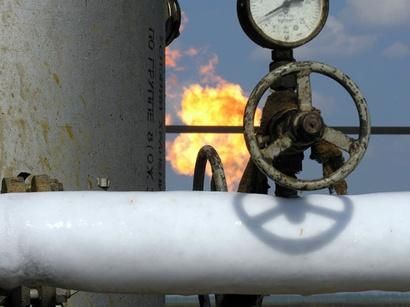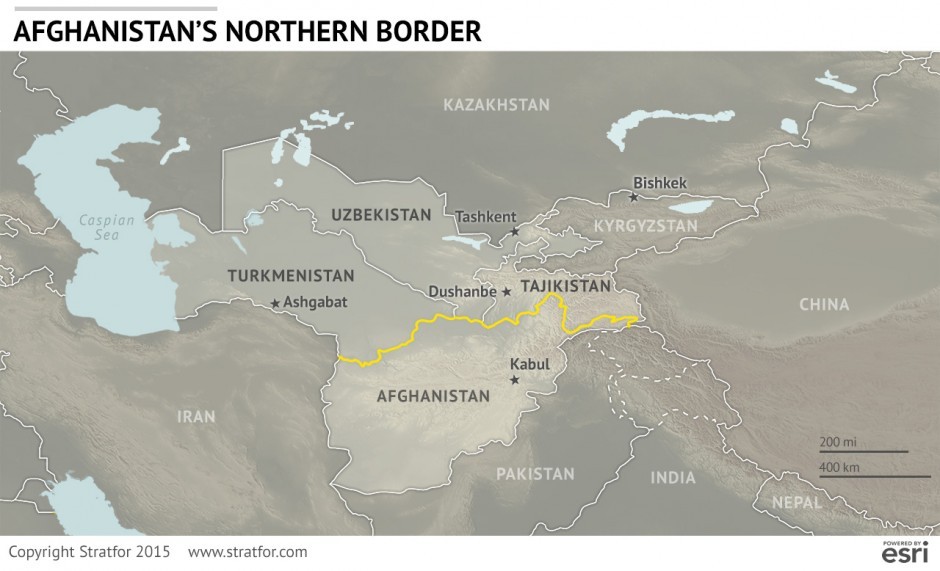Turkmenistan: Iran, Saudis dangle exits from energy cul-de-sac
ASHGABAT (TCA) — Turkmenistan possesses huge natural-gas reserves but for now has only one buyer of its gas — China. As the Turkmen economy is experiencing a downturn caused by low gas prices in the world market, Ashgabat is striving to diversify its gas exports and find investors in its hydrocarbon projects. We are republishing this article on the issue, originally published by EurasiaNet.org: In these lean times, Turkmenistan has been seeking out potential clients and partners for its energy industry, only for two to present themselves at the same time. As chance would have it, they are sworn rivals Iran and Saudi Arabia. The overture from the Saudis was admittedly very noncommittal and came during last week’s Turkmen-Saudi Joint Committee for Economic and Trade Cooperation, which was convening for its fifth session. Turkmen deputy prime minister Maksat Babayev led a 40-person team to Saudi Arabia for a five-day trip intended, in part, to build on agreements finalized during President Gurbanguly Berdymukhamedov’s own visit in May 2016. At the time, Berdymukhamedov suggested in a meeting with King Salman bin Abdulaziz Al Saud that Saudi companies consider investing in the trans-Afghanistan gas pipeline — TAPI for short, as in Turkmenistan, Afghanistan, Pakistan and India. This “energy route will bring warmth to homes of brother-neighbor nations and provide them with great opportunities for further economic development, increase their people’s wellbeing and create jobs,” Berdymukhamedov said. The pipeline is designed to transport 33 billion cubic meters of gas annually for a period of three decades. So far, the most notable development to emerge from Berdymukhamedov’s sales pitch has been the announcement in October of a $700 million loan, repayable in 15 years, from the Saudi Arabian-run Islamic Development Bank toward construction of TAPI. That will only go a little of the way toward covering the entire $10 billion bill. The rude reality is that while Turkmenistan claims to be plowing ahead full speed on its section of the pipeline, progress has been faltering elsewhere. In February, Afghan media reported that work there had finally begun and that the government had agreed for German energy consulting company ILF to develop a design blueprint for the project. But as recently as October, the Afghan Ambassador to Turkmenistan, Mirwais Nab, was reportedly declaring that construction was likely to be held up because of the drop in the price for natural gas. And in what sounds like a very after-the-fact consideration, the TAPI steering committee has now begun giving thought to the fraught matter of the pipeline’s security. Reports from the Turkmen-Saudi conference in Riyadh have been scanty in detail, but the Turkmen government has optimistically alluded to a renewed, but frustratingly vague, expression of support for TAPI from Saudi Arabia. Whether that means any more loans or firm assistance are planned is to yet to be determined. But judging from the reported remarks of Saudi Energy Minister Khalid al-Falih, interest seems to lie more in exploration than transportation. “[Saudi oil company] Aramco is looking at any...




